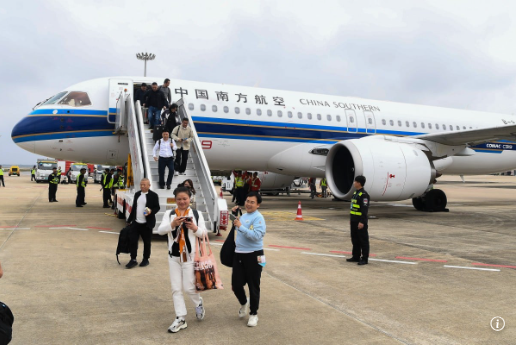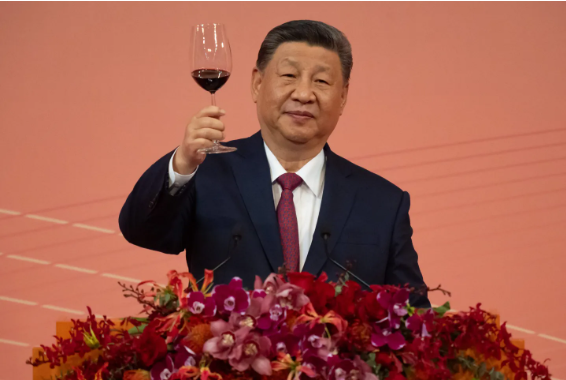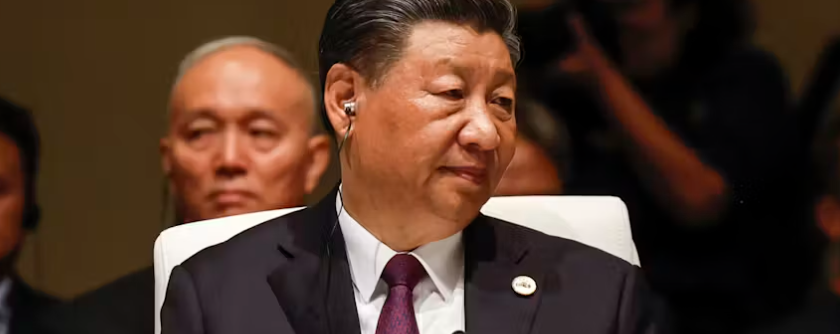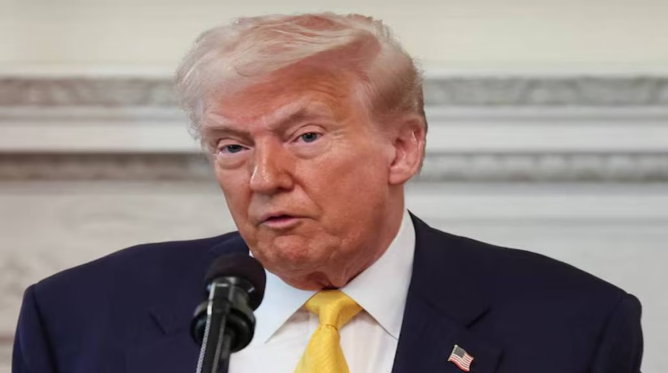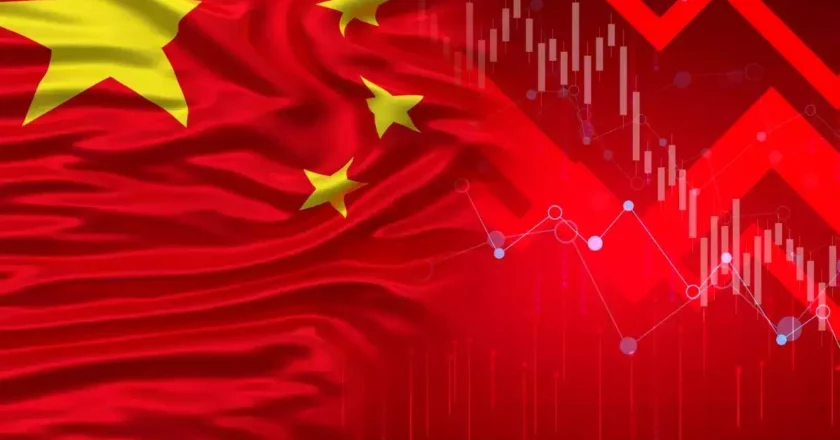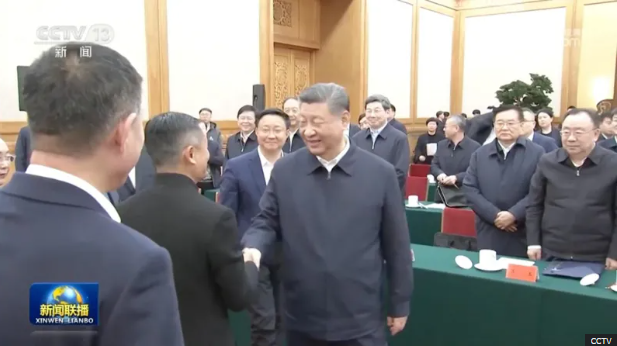China’s AI ambitions: A path to global dominance or domestic instability?
China is rapidly emerging as a global leader in artificial intelligence (AI), leveraging its vast data resources, government-backed initiatives, and a highly competitive technology sector to challenge the dominance of Western tech giants.
Beijing’s aggressive push into AI has fuelled a high-stakes global showdown, with the United States and other nations scrambling to keep pace.
While AI dominance could secure China’s place as the world’s foremost technological power, it also poses significant risks—both for its domestic workforce and for global economic stability.
Experts warn that while AI promises unparalleled efficiency and innovation, it may also exacerbate mass layoffs at home and deepen geopolitical tensions abroad.China’s data advantage: The fuel for AI s...




